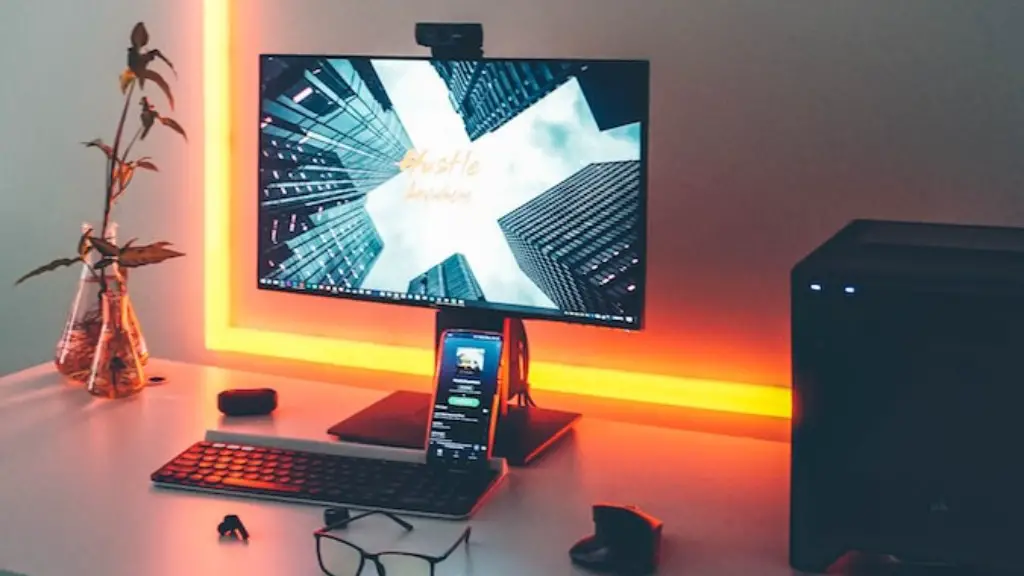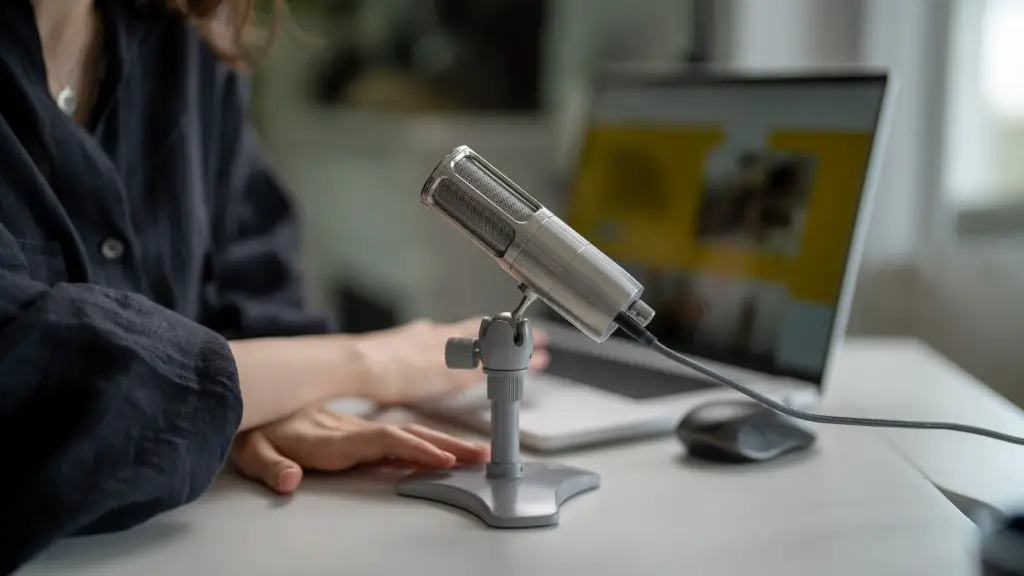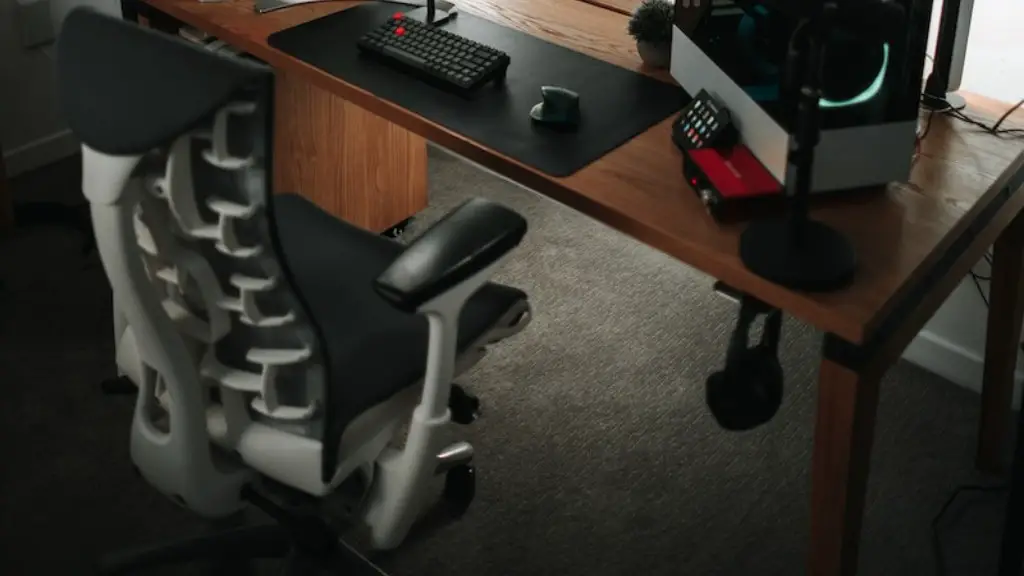Building your own gaming PC is an exhilarating experience but it can be overwhelming at first. When it comes to what components you will need to get, it all depends on audience, purpose and budget. To ensure your gaming PC is sufficiently powered, you will need to choose the right processor, motherboard, GPU, RAM, storage, power supply and other components. Below, we have detailed what each part does and what to look for when buying.
Processors
The processor is the brain of your PC, so it’s important to choose one that will be powerful enough to handle your gaming needs. You should look for Intel or AMD processors. Intel’s i3, i5, and i7 series are all solid options, depending on how much you are willing to spend. For more serious gaming, an AMD Ryzen 5 or AMD Ryzen 7 processor is usually recommended.
Motherboards
Choosing the right motherboard is essential for the performance of your gaming PC. You should look for one with a PCIe x16 slot, plenty of storage slots and a chip set that matches your processor. Features, such as overclocking, multiple GPU support and built-in sound are also things to look out for.
Graphics Cards
A graphics card, or GPU, is a fundamental component of any gaming PC. AMD and Nvidia have the biggest market share and both offer powerful GPUs. You need to look for one that can handle the resolution and frame rate you want, as well as have enough memory to power your gaming needs.
RAM
Random access memory, or RAM, is the short term memory of your computer. 4GB or 8GB should suffice, but serious gamers may look for 16GB or 32GB if they want to play at higher resolutions. If you can find a chip set that is compatible with your processor, you should opt for that, as it will increase overall system performance.
Storage
Your computer needs a place to store all its data. Hard drives are most cost-effective for gaming PCs. However, opting for an SSD is usually recommended for better performance. Choose a storage option that has a size and read/write speed that is compatible with the rest of the components in your system.
Power Supply
The power supply is the powerhouse of your PC. You will want at least 750W of reliable power, but ideally you should aim for 850W or 1000W. Choose a power supply that has the right connectors and enough wattage, as well as plenty of overhead in case you decide to upgrade your system in the future.
Other Components
You will also need to purchase a case, a heatsink, an operating system, and fans to cool your system. While these are all important parts, they are usually more ‘nice to haves’ than essential components for gaming. Just be sure to buy quality parts that fit within your budget.
Processors For Gaming
When looking for a processor for gaming, you’ll want something with a good balance of multi-core performance, single-threaded performance, and overclocking performance. Highly-threaded processors, such as Intel’s i7, AMD’s Ryzen 5, and the AMD Ryzen 7 are all very capable for gaming, but the budget-oriented Intel i3 series should also suffice for most titles. Ultimately, it all depends on your gaming needs, budget and preferences.
Motherboards For Gaming
The motherboard you choose will be just as important as your processor when it comes to gaming. You will want to make sure it has built-in features, such as audio and network support, as well as enough storage slots and PCIe x 16 slots to handle any additional components like a graphics card. As for features, look for options such as overclocking, multiple GPU support, and on-board audio for better performance.
Graphics Cards For Gaming
Graphics cards are the most important components for gaming and should be chosen carefully. You will want to opt for a card with a good clock speed and enough VRAM to handle the resolution and frame rate you need. AMD and Nvidia have the biggest market share, so any card from either brand should tick the boxes. Whether you choose the budget-friendly Nvidia GTX 970 or the high-end AMD Radeon VII will depend on your gaming needs.
RAM For Gaming
When choosing RAM for gaming, you’ll want to go with something that is compatible with your processor to maximize system performance. 4GB or 8GB should suffice for most titles, but more serious gamers may opt for 16GB or even 32GB for higher resolutions. If you can find a chip set with the same specs as your processor’s chip set, then this is usually the ideal option.
Storage For Gaming
Storage is another essential component for gaming PCs. If you’re on a budget, then a hard drive should suffice, but if you want better performance then opt for an SSD. It is important to pay attention to the read/write speed and size of the drive, and make sure it is compatible with the other components in your system.


